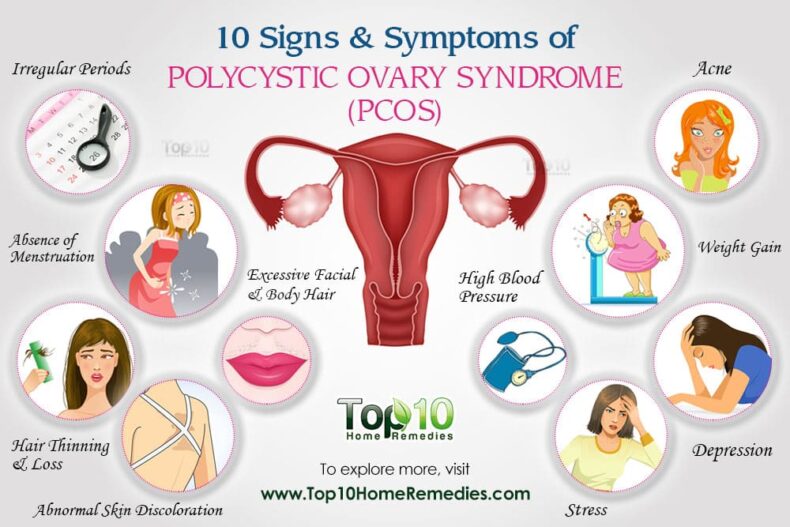Polycystic Ovary Syndrome (PCOS) has been a prevalent lifestyle disorder worldwide. There are more than one million cases of PCOS reported in India every year.
PCOS is a hormonal disorder in women of reproductive age. They may suffer from many health issues due to PCOS, such as diabetes, obesity, heart and blood vessel problems, etc.
Symptoms of PCOS include diverse reproductive complications, i.e., irregularity in menstrual periods and fertility issues.

However, like any other lifestyle disorder, PCOS can also be managed efficiently by incorporating healthy lifestyle habits.
Maintaining a healthy body weight through a balanced diet combined with regular physical activities can do wonders in reducing the symptoms of PCOS to a minimum.
With the beginning of PCOS Awareness Month today, we will address several lifestyle changes that may help you manage the lifestyle disorder more proactively.
Regular Physical Activity
Physical exercise plays a vital role in nourishing the physiology of the body. Exercising is crucial for both physical and mental well-being. It is critical for managing the symptoms of PCOS.
Indulging in consistent physical activity of even moderate intensity may increase the body’s insulin sensitivity, improve cardiovascular endurance, and enhance skin quality.
You may play any sport, indulge in weight training, or jogging, cycling, swimming, or you may do dance or yoga; any sort of everyday physical activity can benefit you unimaginably.
Healthy Diet
Eating healthy food impacts significantly on your body. A well-balanced diet can prevent you from any lifestyle disease and disorder.

Eating Complex Carbohydrates
Always rely on complex carbs in your meals rather than cutting out carbs to avoid insulin spikes. Insulin spikes occur when you consume refined carbs such as refined sugar, refined wheat flour, etc.
On the other hand, Complexes are non-inflammatory and high in fibre, which maintains insulin levels and nourishes the gut bacteria, assisting in weight loss. Whole grains, millets, quinoa, sweet potato are some of the rich sources of complex carbs.
Good Fats
Consuming an appropriate amount of ‘Good fats’ is essential for the smooth functioning of various organ systems. Good fats include monounsaturated fats and polyunsaturated fats that help reduce inflammation.
They are crucial for maintaining optimum cholesterol levels, which is vital for the synthesis and regulation of sex hormones. You can include nuts, seeds, coconut, ghee, etc., in your meals to get enough good fats.
Proteins
It is necessary to add a suitable amount of protein-rich foods to your diet since protein encourages muscle growth and prevents hikes in blood sugar levels.
It also boosts the fat-burning capability of the body. Sources of proteins are soy products, lentils, peas, beans, eggs, meat, fish, and dairy products.
Enough Water Consumption
PCOS may result in frequent urination, dehydration, and fatigue. Thus, drinking enough water throughout the day has become even more critical to keep the body hydrated to prevent cramps, headaches, bloating, and sluggishness.
Mental And Emotional Well-being
Mood swings and anxiety issues generally come along with PCOS. There are three times higher chances that women suffering from PCOS may face anxiety and depression than healthy women. They might suffer from severe emotional issues.
Therefore, it is critical to prioritize your mental and emotional health. You can perform several stress-relieving activities such as pranayama, meditation, physical exercise, or indulging in hobbies.
If the circumstances are much severe, then it is advisable to seek proper medical assistance.
PCOS is a lifestyle disorder that may have severe outcomes. It is crucial to keep the symptoms in check and improve your lifestyle to lead a better life.













